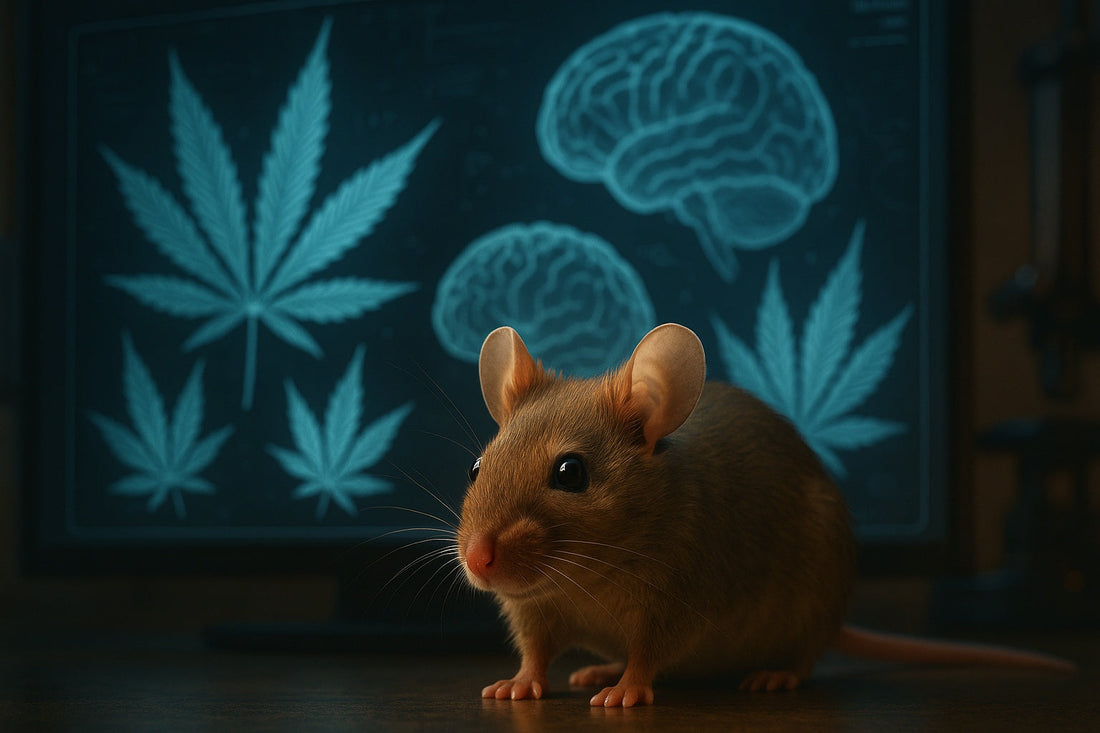
Can cannabis slow brain aging? Surprising study raises hope
Could a plant that has long been viewed primarily from a drug or pharmaceutical policy perspective offer the keys to rejuvenating the brain? A new study in mice points in exactly this direction – and quite convincingly.
Researchers from the University Hospital of Bonn and the Hebrew University of Jerusalem found that long-term, low-dose THC treatment improved memory and learning in old mice, and even showed signs that neural connections that had deteriorated with aging were beginning to recover.
What happens in the brain?
A protein called mTOR, which regulates cell growth and energy use, plays a key role. The study found that small amounts of THC activated mTOR signaling in just the right way in the brain, which promoted the regeneration of nerve cells. In other words: THC seemed to trigger the brain’s “rejuvenation switch.”
What about the rest of the body?
Perhaps even more surprising, the same treatment reduced mTOR activity elsewhere in the body, such as in fat tissue and blood plasma. This effect resembles the known anti-aging effects of calorie restriction – but without fasting or dietary changes.
Important note: this has not yet been tested on humans
Human trials haven't started yet. The study was only conducted on mice, so we can't draw any conclusions about humans yet. But the direction is interesting – and definitely worth further research.
How does this relate to Vilby?
At Vilby, we follow with interest all research related to plants, health and sustainable technology. We do not recommend the use of cannabis, but we believe that an open and responsible discussion about botany, medicinal plants and human well-being is more important than ever.
This study is not yet a ready answer – but it could be the beginning of a new way of understanding the potential of cannabis in science.
Read the original study in ACS Pharmacology & Translational Science: https://pubs.acs.org/doi/10.1021/acsptsci.4c00002
Also see the University of Bonn press release (in English): https://www.uni-bonn.de/en/news/164-2024
